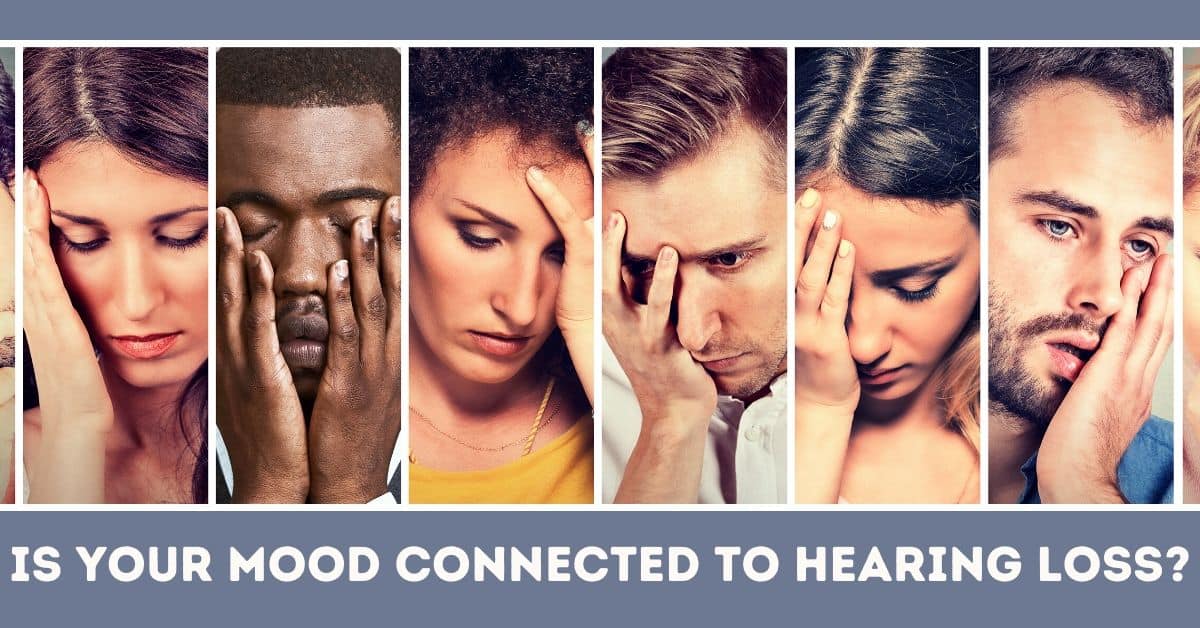
Think back to the last time you heard some of your favorite music. Perhaps you were sitting at home in silence working on an activity or a hobby. When the idea strikes you to turn on some music, what relation does it have to your mood? Even when you hear these sounds while engaged in other activities such as driving or at a shopping mall, the sound of music can certainly make you feel relieved of anxiety and happy to be alive. Now consider when you heard the voice of a loved one over the phone or when they enter a room. That sound can feel like music to your ears because it is associated with that powerful relationship.
On the one hand, these examples of a good mood associated with sounds have other factors involved: a change of pace, a loving relationship, or a happy memory. Yet, the relationship between sound and elevated mood might not stop there. Researchers have discovered a powerful relationship between the sense of hearing and a crucial chemical in the brain called dopamine. This neurotransmitter is responsible for a whole host of brain and body functions ranging from motivation, the experience of reward, and leveling out moods to other more complex functions such as sleep and cognition.
The wide range of dopamine functions makes it a special chemical of interest to researchers. We know that people with schizophrenia and Parkinson’s have limitations in their dopamine receptors, but the other relations of this hormone to behavior can be confounding. Let’s take a moment to consider the relation between dopamine and hearing before considering what might happen when a person lives with untreated hearing loss.
Dopamine and Hearing
This essential relationship between the neurotransmitter dopamine and hearing ability seems to go in two directions. Researcher Christine Porfors is an associate professor in the School of Biological Sciences at Washington State University Vancouver as well as the head of the hearing and communication lab. She is collaborating on a study with David Perkel, professor of biology and otolaryngology at the University of Washington, that received $1.6 million from the National Institutes of Health to investigate this crucial relationship. On the one hand, they are investigating how dopamine affects the brain cells, synapses, and neural circuits that are involved in auditory processing. Dopamine may alter the way the auditory pathway processes particular sounds or voices.
Although a similar sound might be associated with a negative experience, dopamine might come in to change our perception of that sound when it is associated with positive experience. The researchers are considering if the relationship works in the other direction, as well. Music therapy is the science of using sound to assist in the release of dopamine. Many studies have confirmed that pleasurable music, particularly music that a person associates with a positive memory, has the effect of releasing dopamine and serotonin into the body, and these chemicals can even be used to assist the treatment of conditions such as dementia and Parkinson’s. Indeed, some sounds are able to release these pleasurable chemicals into our bodies with wide-ranging effects.
Dopamine and Hearing Loss
What happens when a person loses her hearing? If the sounds of voices and music can have such a strong relation with dopamine production, might not the absence of those sounds have a negative effect on moods? The researchers in this study are curious about this exact possibility, wondering if the relation between hearing loss and mental health struggles might have something to do with the missing connection with dopamine.
If a person cannot hear the voices of loved ones and familiar sounds that are soothing and pleasurable, that experience is akin to isolation. Social isolation is indeed associated with lower dopamine levels and the whole host of other mental health outcomes that are associated. Although hearing treatment in the form of hearing aids will not restore the direct connection between hearing ability and the production of neurotransmitters, it might be able to use sound as an intermediary. If a person were able to hear voices and music once again, the chain reaction in dopamine production and elevated mood might take place, and we eagerly await the results of this study to find out more.
If you are struggling with hearing, contact us today to learn more about treatments that could benefit you!
